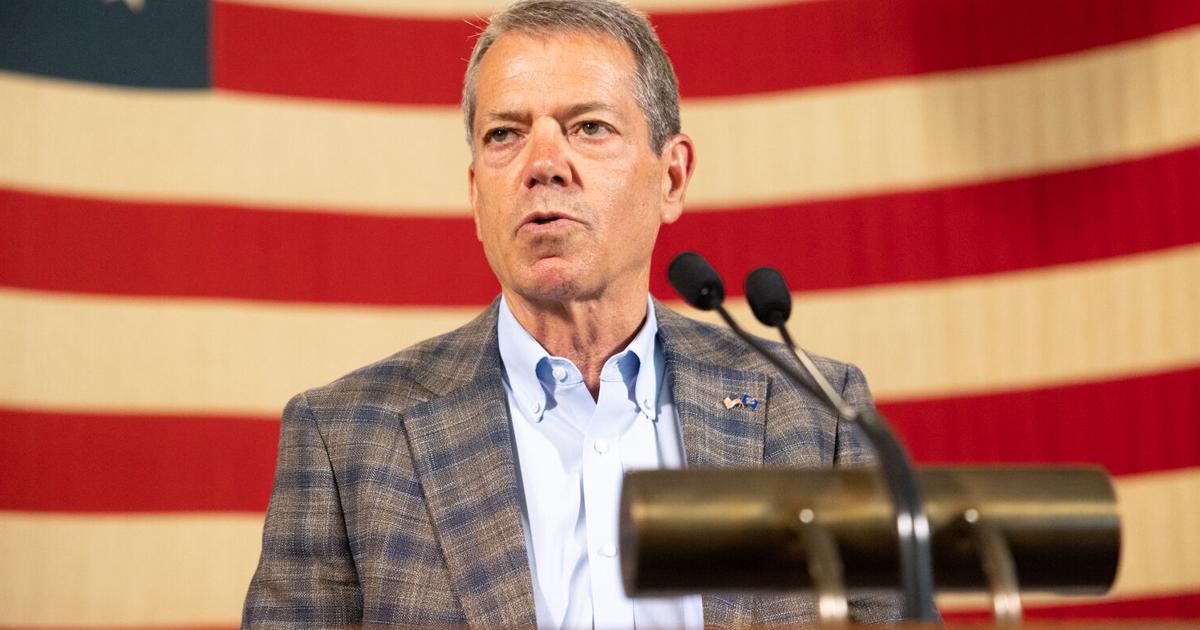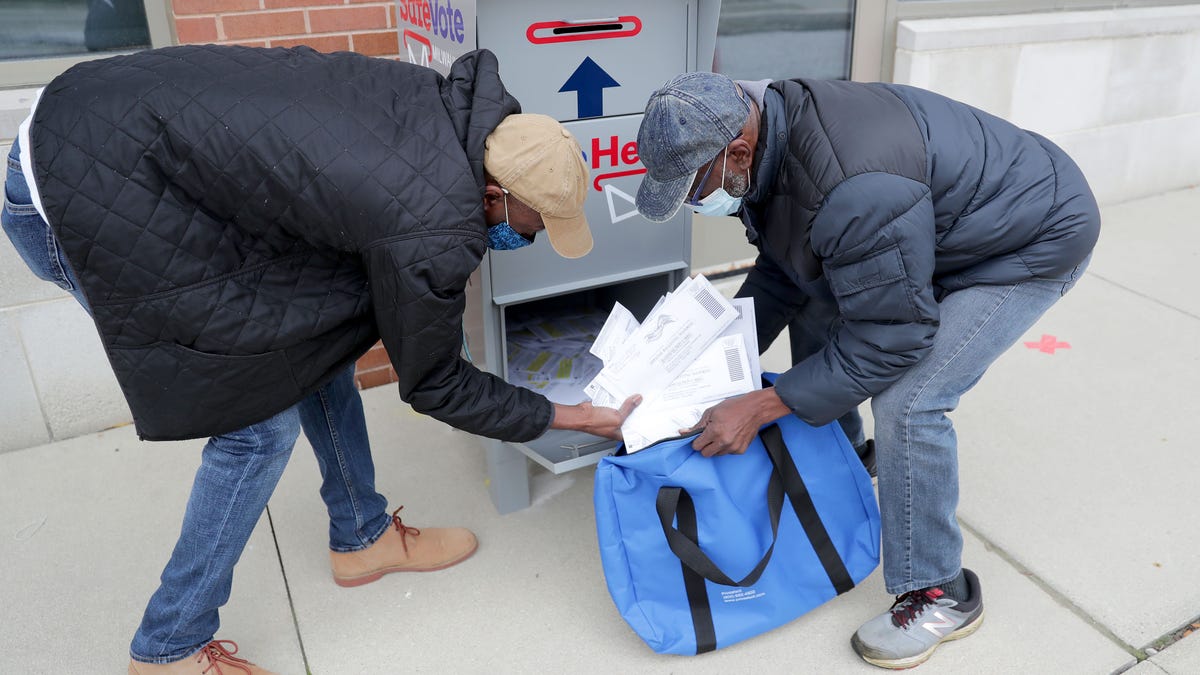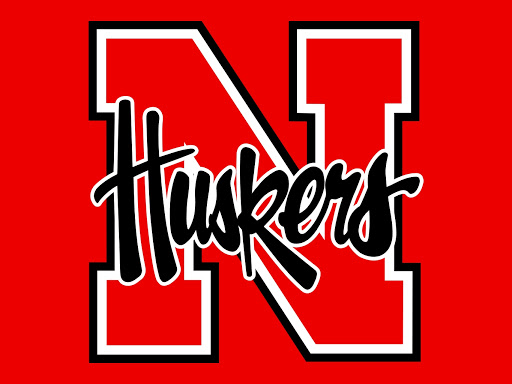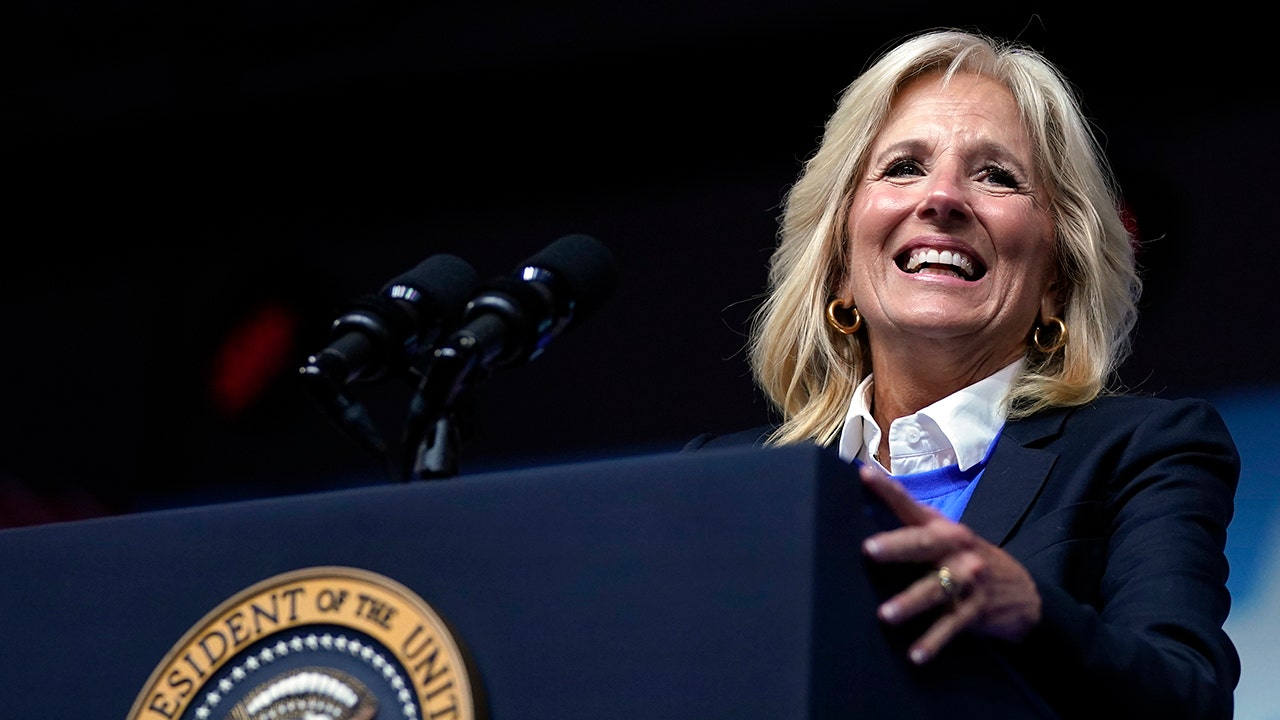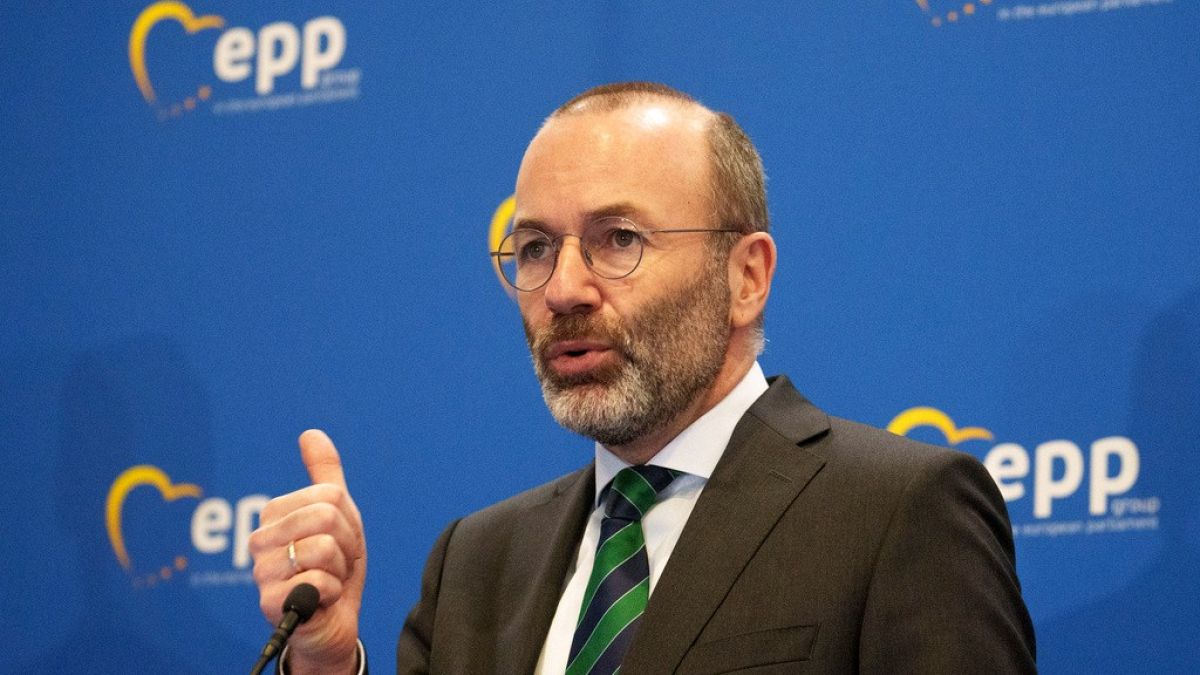In the days since Nebraska Gov. Jim Pillen ordered thousands of state employees to return to the office full time in January, more than two dozen have raised concerns over the impact the surprise executive order will have on them — and the state’s government.
The Nov. 13 order requires employees of Nebraska’s executive branch to “perform their work in the office, facility or field location assigned” from 8 a.m. to 5 p.m. each weekday, providing few exceptions for the more than 2,855 state employees who had been working in hybrid or remote settings.
“Nebraskans are back to work, and they expect that our agencies are fully staffed and open for business Monday through Friday, 8 a.m. to 5 p.m.,” Pillen said in a news release announcing the move. “As public servants, we have a duty to meet that expectation and deliver maximum value to the taxpayers.”
People are also reading…
Pillen
Pillen cast the move as an end to pandemic-era remote and hybrid work, though many state departments had work-from-home policies and procedures in place before the pandemic, including some that date as far back as the mid-2000s.
In emails to state Sen. Megan Hunt of Omaha — who last week asked state employees to share internal memos and concerns with her before providing anonymized responses to reporters — more than two dozen workers lodged anxieties over what the mandate will mean for their finances, mental health, family life and the state’s ability to recruit and retain help.
Many of the employees raised concerns over the costs of commuting and parking — particularly in downtown Lincoln — that will accompany the return-to-office order.
Numerous workers said the mandate has forced them, with little notice, to search for stopgap child care, transportation and after-school supervision for their children.
Some employees said they had been working 7 a.m. to 4 p.m. to mitigate the need for after-school care — flexibility that will be eliminated by Pillen’s order. And some wondered if they would be forced to take paid time off if their child got sick and had to stay home from school.
Others said their children had been waitlisted for after-school programs and will be forced to leave their jobs come January. A 2020 study by University of Nebraska-Lincoln economists showed that Nebraska was already losing $745 million a year when parents leave the workforce or move elsewhere because of a lack of child care in the state.
Even workers who already have child care already in place will be forced to find someone else to provide transportation for their kids, according to the emails.
Some employees, with and without children, told Hunt that they’ve already started to seek jobs in the private sector that will allow them to continue working from home, a trend that could exacerbate Nebraska’s public workforce shortage.
The state had more than 2,500 unfilled jobs before Pillen’s order and the government’s recruiting website once touted “work-life balance with flexible work schedules” previously offered by state employment as a benefit.
Sen. Myron Dorn of Adams said at a forum last week that he had already heard from a Lincoln company that is excited about what Pillen’s order could mean for the private sector, which has faced its own hiring challenges in Nebraska, where the unemployment rate is 2.2% and where there were more than 60,000 job openings this summer.

Myron Dorn
“They were kind of optimistic now because they have the possibility to grow their workforce,” Dorn said. “Yes, in return … we now maybe reduced our state workforce. Don’t know. We’ll see how the numbers play out.”
In remarks to reporters last week, Pillen cast the potential exodus of state employees as the cost of efficiency in government.
“Everybody’s got to make decisions in their best interest, so if there are public servants whose best interest is for them to do something where they can work from home — I believe I was elected to be governor to make sure that we have tremendous return for what everybody does, and the best way that happens is when you’re at work face to face,” he said.
Asked if he had evidence that remote or hybrid work schedules had hampered the productivity of state employees, the governor said “face-to-face engagement is the most effective way” to ensure efficiency.
“That’s what’s worked well in my life and that’s what — we’re running state government like a business, and the best way to do that is face to face,” said Pillen, a former hog farmer. “I don’t believe in doing it from home.”
The Nebraska Association of Public Employees has considered demanding an immediate bargaining period over the issue, though the state employee union hasn’t yet decided how to formally respond to Pillen’s order. The union’s members are set to meet Monday night and will announce their next steps Tuesday, said Justin Hubly, the labor group’s executive director.
In their emails to Hunt, who has been an outspoken critic of the governor, state employees broadly said they felt blindsided by Pillen’s order and had learned about it when his office issued a news release Nov. 13 announcing the return-to-office mandate.
Some employees said they felt deceived, having been hired with the promise that they would not have to work in the office full time.
The Department of Labor, for instance, offered hybrid work setups specifically as an incentive to retain four unemployment insurance adjudicators, according to an email the department sent Pillen’s chief of staff in response to an August survey that preceded and informed the executive order.
And some department heads — including at the Nebraska Department of Transportation, which employs more than 360 remote or hybrid workers, and the Department of Revenue, with 208 hybrid or remote employees — had not provided any further guidance or instructions to affected employees a full week after Pillen issued the mandate, workers told Hunt.
More than half of the state’s remote or hybrid employees — 54% — work for the Department of Health and Human Services, which has had a telecommuting policy in place since 2008, according to the agency’s response to Pillen’s office’s survey.
Steve Corsi, who Pillen tabbed in August to serve as the CEO of HHS, told employees the department “will be gradually implementing the EO over the next month and a half,” according to an internal memo obtained by the Journal Star.
“We are requesting that you begin considering and planning for your transition back to the office,” Corsi said in the memo, later adding: “Your understanding and cooperation during this period are highly valued.”
Pillen’s order comes after some state agencies reduced their physical office space in recent years.
The Department of Natural Resources, which has 72 hybrid employees and has had a telework policy in place for more than 15 years, reduced its physical workspace by 30% when the agency moved from the State Office Building to its Fallbrook facility in 2022, Director Thomas Riley told Pillen’s chief of staff in an email.
The Department of Administrative Services adopted its work-from-home policy in 2021 to make room for the Department of Insurance move into 1526 K St, saving the state about $500,000 per year, according to the agency’s survey response.
That move was in line with the department’s State Building Division Real Estate strategy, which was adopted in 2021 to support then-Gov. Pete Ricketts’ mission of an “effective, efficient and customer-focused state government.” The written plan warned that the state “is nearing capacity in all of its major office buildings.”
Some state agencies will be forced to grapple with such capacity shortfalls as they try to implement Pillen’s mandate, which allows for exceptions to the return-to-office order when an agency’s building is at full occupancy.
Administrative Services has 70 employees working from home, none of whom have retained a workspace in the department’s physical office. The department does have 30 workspaces for “hoteling” remote employees when they do find themselves in the office, leaving the department 40 desks short of ample workspace.
HHS, meanwhile, has 418 fully remote employees who don’t have physical desks. The agency has 304 spaces used for hoteling, including 286 such spaces in Lincoln, but ultimately doesn’t have enough physical office space for its entire workforce.
Download the new Journal Star News Mobile App
Photos: The business of governing in Nebraska in 2023

Gov. Jim Pillen (center) talks with Sens. Bruce Bostelman (left) and John Lowe before a ribbon-cutting ceremony at Camp Ashland on Friday. Breaking a long-standing tradition, Pillen is not releasing his event schedule, which in the past would have included events such as the one Friday.

Christ Lincoln Schools fourth grader Hudson Parr (right) rides the metal pig statue named Petunia as Gov. Jim Pillen watches on March 1.

The reception area to the Governor’s Hearing Room at the Capitol begins to fill up as lawmakers gather for the announcement of who will fill Nebraska’s open Senate seat on Jan. 12.

Gov. Jim Pillen has asked for help in naming a pig statue in the reception area to the Governor’s Office at the Capitol. The pig is a nod toward Pillen’s career as a hog producer.

Gov. Jim Pillen (left) announces the appointment of former Gov. Pete Ricketts to become Nebraska’s next senator. Ricketts’ wife, Susanne Shore (right) was among those gathered for the announcement Jan. 12 at the Capitol in Lincoln. The vacancy was created with the departure of Ben Sasse, who will become the next University of Florida president.

Gov. Jim Pillen speaks at his inaugural ball in Omaha on Jan. 7.

Sen. Jen Day of Omaha hands off papers to Clerk of the Legislature Brandon Metzler during a bill introduction period Jan. 5.

Index clerk Carol Koranda (left) accepts papers from a senator during a bill introduction period for the new Legislature on Jan. 5 at the Capitol in Lincoln.

Military personnel stand near the entrance of the west chamber as inauguration ceremonies begin Jan. 5 at the Capitol in Lincoln.

Gov. Jim Pillen and his wife, Suzanne, shake hands as they exit the chamber following his inauguration on Jan. 5.

Nebraska Gov. Jim Pillen (left) shakes hands with Attorney General Mike Hilgers on Jan. 5 after swearing-in ceremonies at the Capitol in Lincoln.

A camera flash illuminates newly elected Gov. Jim Pillen (center left) as he is escorted through the Capitol Rotunda to be sworn in on Jan. 5.

Newly elected Gov. Jim Pillen gives remarks following his inauguration on Jan. 5 at the Capitol in Lincoln.

Sen. John Fredrickson of Omaha shows his son, Leon, around the Capitol as the Legislature opened its 2023 session on Jan. 4.

Senators gather in the chamber on the first day of the 2023 session on Jan. 4.

A new senator wears a legislative pin on the first day of the 2023 session on Ja. 4.

Sen. Merv Riepe sets down his notebook ahead of the first day of Legislature on Jan. 4 at the Capitol in Lincoln.

Newly elected senators are sworn in on the first day of the session on Jan. 4 at the Capitol in Lincoln.

Senators tally votes during the election of the Education Committee chair on Jan. 4. Senators who have supported ending secret balloting for committee chairs opted to delay consideration of the rules change until later this month.

The 2023 Nebraska Legislature is called to order on Jan. 4 at the Capitol in Lincoln.

Kristina Konecko, an administrative aide for Sen. Mike Jacobson of North Platte, boxes up items at his old desk Jan. 3 at the Capitol on the day before the new session was to begin.

Those in attendance on the first day of the 2023 Legislature stand for the National Anthem on Jan. 4 at the Capitol in Lincoln.

Sen. Jana Hughes of Seward on the first day of the 2023 legislative session on Jan. 4 at the Capitol in Lincoln.

Vice President Kamala Harris participates in a ceremonial swearing-in of Sen. Pete Ricketts with his daughter Eleanor Ricketts and wife Susanne Shore on Monday on Capitol Hill in Washington.

Senators gather to listen to Gov. Jim Pillen deliver his State of the State address on Wednesday at the Capitol.

Sen. Tom Brewer of Gordon rubs his eyes while listening to floor comments earlier this year at the Capitol.

Sen. Danielle Conrad of Lincoln has children’s drawings on her desk at the Capitol.

Gov. Jim Pillen delivers his State of the State on Wednesday at the Capitol in Lincoln.

Sen. George Dungan of Lincoln listens as Gov. Jim Pillen delivers his State of the State on on Jan. 25 at the Capitol.

A Judiciary Committee hearing on Jan. 26 drew a crowd to the Capitol. Among the bills being heard was LB77, which would remove the requirement that gun owners obtain a permit to be able to carry a concealed weapon.

Sen. Justin Wayne (left) of Omaha laughs while giving instructions regarding testifying before a Judiciary Committee hearing on Jan. 26 at the Capitol.

John Lee (left), an opponent of LB77, open carries his great-great grandfather’s musket outside a Judiciary Committee hearing on Jan. 26 at the Capitol. “This is the only arms that they knew of when they were writing the Constitution,” Lee said. LB77 would remove a requirement that gun owners obtain a permit to be able to carry a concealed weapon.

People line up before a Judiciary Committee hearing on Jan. 26 at the Capitol. Among bills being heard were one from Sen. Tom Brewer of Gordon that would remove the requirement that gun owners obtain a permit to be able to carry a concealed weapon.

A proponent of Sen. Tom Brewer’s concealed carry bill (LB77) wears a Gadsden flag shirt outside a Judiciary Committee hearing on Jan. 26. The bill would remove the requirement that gun owners obtain a permit to be able to carry a concealed weapon.

Members of the First Nebraska Volunteer Infantry — Ron Rockenbach (from left), Gage Stermensky, Paul Hadley, David Smith and Keith Rockefeller — guard the Abraham Lincoln statue on the west side of the Nebraska Capitol on the 214th anniversary of his birthday on Sunday.

Sen. Justin Wayne of Omaha reacts during a testimony on LB575, also known as the “Sports and Spaces Act,” during a hearing in front of the Education Committee at the Capitol on Monday.

Ben Jackson speaks in favor of LB575, also known as the “Sports and Spaces Act,” during a hearing in front of the Education Committee at the Capitol on Monday.

Opponents gather at the Nebraska Capitol Wednesday ahead of a rally to voice opposition to a bill seeking to limit when abortions can be performed. Lawmakers heard from a large contingent of supporters and opponents during a public hearing later in the day.

Sen. Pete Ricketts talks with supporters in front of the Nebraska State Capitol prior to the Walk for Life rally in downtown Lincoln on Jan. 28.

Walk for Life participants gather at the state Capitol on Saturday before marching to the Nebraska Union.

Patrick Mediner (from left), Ben Haus, JP Mattern, Ben Maly, Thomas West, Keaton Weiman, Ajay Sealock, Morgan Armagost and Mason Beck stand shirtless with painted chests at the Walk for Life on Saturday.

A sign for the Nebraska Walk for Life sits on front of the Nebraska state Capitol on Saturday.

Notes for a speech in favor of LB575, also known as the “Sports and Spaces Act,” rest on the ground during a hearing in front of the Education Committee at the Capitol on Feb. 13.

Juniper Meadow, a trans woman and minister, speaks in opposition of LB575, also known as the “Sports and Spaces Act,” during a hearing in front of the Education Committee at the Capitol on Monday.

Gov. Jim Pillen (left) and former Gov. Pete Ricketts laugh during the announcement of Ricketts’ appointment to Nebraska’s open Senate seat. The vacancy was left open by the departure of Ben Sasse, who will become the next University of Florida president.

Gov. Jim Pillen signs a copy of LB574 on Monday the Capitol.

State Sens. Machaela Cavanaugh (from left), Megan Hunt, Kathleen Kauth, John Fredrickson, Wendy DeBoer, Mike Jacobson and Lou Ann Linehan watch the board during the final votes on LB574 on Friday at the Capitol. The bill limits gender-affirming care for transgender youth and bans abortion after 12 weeks.

State senators applaud as Gov. Jim Pillen speaks to close out the 108th Legislature on Thursday at the Capitol.

Speaker John Arch of La Vista told senators on Thursday, the final day of the legislative session, that he hoped this year “would be an aberration, not a predictor of the future.”

Sen. Jana Hughes of Seward, who received this raccoon hat from Sen. Tom Brewer of Gordo, talks to other senators on Thursday, the final day of the legislative session.

Grace Jacobson of Lincoln holds a rainbow umbrella over a coffin prop in front of the Governor’s Mansion on Thursday, the final day of the legislative session.

Gov. Jim Pillen greets state senators before speaking at the close of the 108th Legislature on Thursday at the Capitol.

State Sen. Tom Brewer of Gordon (center) and others clap hands as Gov. Jim Pillen speaks to close out the 108th Legislature on Thursday at the Capitol.
Reach the writer at 402-473-7223 or awegley@journalstar.com. On Twitter @andrewwegley

